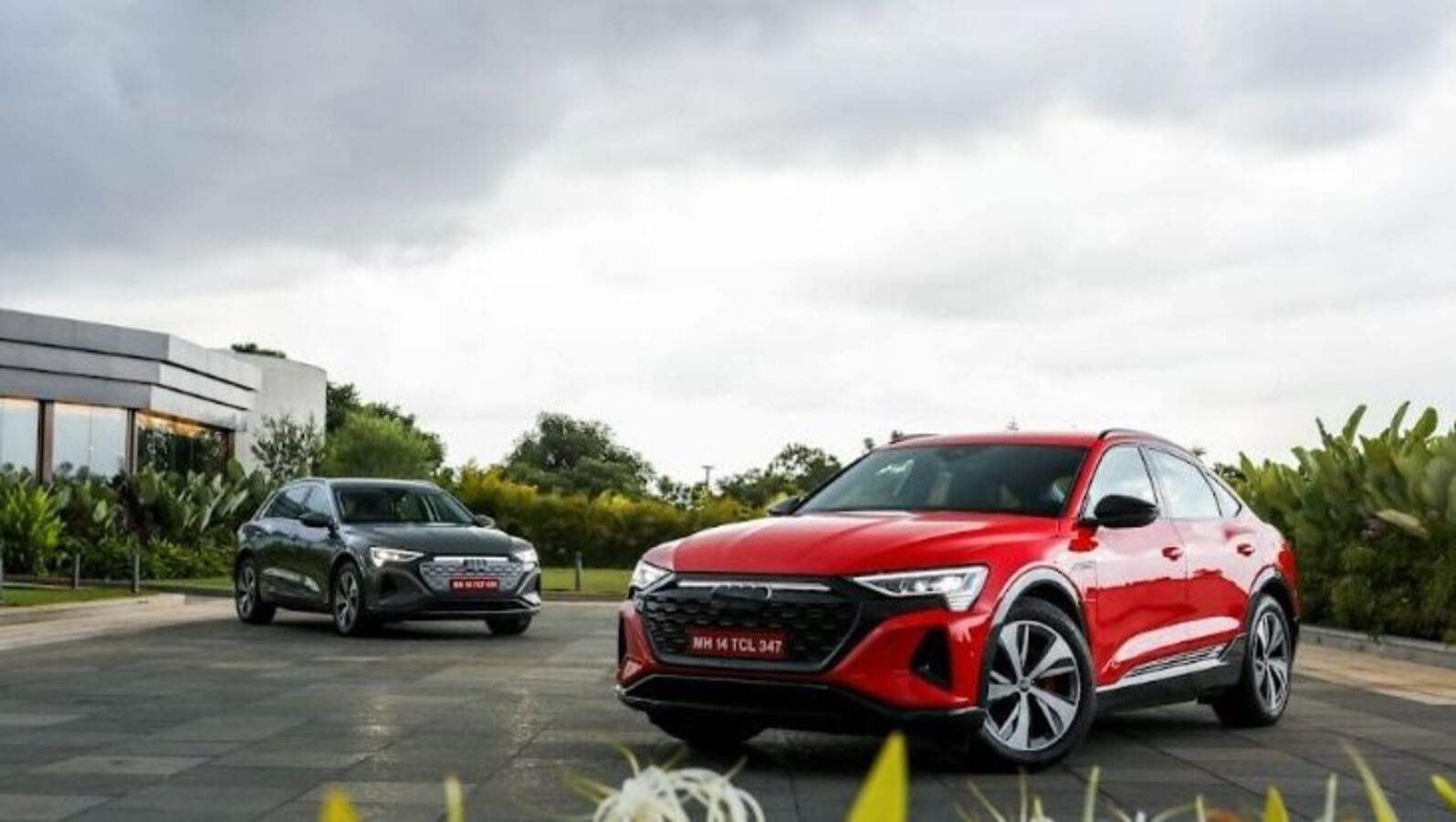- Volkswagen looks poised to close a European carmaking plant for the first time.
It took nothing more than for Audi to release teaser images of its first electric sport utility vehicle for some to declare it a “Tesla killer.” Six years after the model’s debut, the SUV’s assembly plant may instead be the one to bite the dust.
Volkswagen AG put the Belgian factory on notice this week, saying slow sales of the Audi Q8 e-tron could lead to the site’s closure. Unless a surprise rescue plan emerges from a consultation process with workers, VW will shutter a car plant in Europe for the first time ever.
Closing the factory on the outskirts of Brussels, where policymakers want to cease combustion-engine car sales just over a decade from now, would render the site a grave symbol of the struggle to realize that objective. VW Chief Executive Officer Oliver Blume has walked back several of his predecessors’ lofty EV goals, following years of disfunction and demand falling short of expectations.
European carmakers can’t close down factories easily. Governments and unions usually push back hard, and it’s a costly step to take because the region’s stringent labor laws ensure hefty severance payments for workers.
Even against that backdrop, manufacturers are increasingly inclined to bite the bullet. In the course of putting the Brussels site on notice, VW boosted the provisions it’s set aside to cover termination agreements and other restructuring expenses this year to €2.6 billion ($2.8 billion). Just last month, Stellantis NV threatened to cease production in the UK over its zero-emission vehicle sales mandate that took effect this year. Top-tier suppliers including Robert Bosch GmbH, Continental AG and ZF Friedrichshafen AG also are embarking on major cost-cutting drives and dismissing thousands of workers.
VW’s move in Belgium is “a possible indicator of upcoming restructuring actions across the European automotive industry in coming years,” Jefferies analyst Philippe Houchois said in a note to clients.
VW’s Brussels site restructuring didn’t come out of the blue. Blume already scrapped a €2 billion EV factory planned for near the company’s headquarters and let go of more than 200 temporary workers at the company’s EV-making hub in the eastern German city of Zwickau. Even still, shutting a factory that’s been making cars since 1949 will turn heads at the doorstep of the European Union’s power center.
Brussels is in the process of hiking tariffs on Chinese EV imports to defend Europe’s domestic manufacturers. Next year, more stringent emissions limits take effect, meaning carmakers will need to sell more battery-powered cars or face hefty fines. And in 2026, EU officials will review the feasibility of plans to effectively ban sales of combustion cars by the middle of the next decade.
Heading into the second half of the year, the debate over VW’s emissions-compliance costs in 2025 will intensify, Patrick Hummel, a UBS analyst with the equivalent of a hold rating on the stock, wrote in a report Thursday. He estimates the company will need to increase battery-electric vehicle sales by about 50% from last year to next year.
“This could become costly in a market that shows little appetite for BEVs,” Hummel wrote, estimating that VW could take a €2 billion hit to earnings next year.
The roughly 3,000 workers at the Audi factory in Belgium will learn their fate sooner, with a decision on the exact nature of the restructuring expected by the end of this year. The outcome may boil down to simple mathematics, with auto-worker labor rates in Belgium estimated to be about 2.8 times higher than those in Hungary, where China’s BYD Co. is setting up an EV factory. The company confirmed this week it’s also agreed to build a plant in Turkey, which similarly offers lower labor costs and has a trade agreement with the EU.
Also Read : Battle vs Delhi pollution: Solar-powered EV chargers among big-ticket plans
While Tesla proved capable of withstanding Audi’s EV incursion, it too has struggled lately in Europe, with registrations slumping 14% in the first five months of the year. Gene Munster, a managing partner at Deepwater Asset Management, posted Wednesday on X that the potential closure of the Brussels factory shouldn’t be read as an indictment against electrification.
“I see it as Volkswagen being selective around its EV investments,” Munster wrote. “I still believe electrification is a better way to move given it’s more efficient than gas. Advantage $TSLA.”
First Published Date: 12 Jul 2024, 08:54 AM IST

